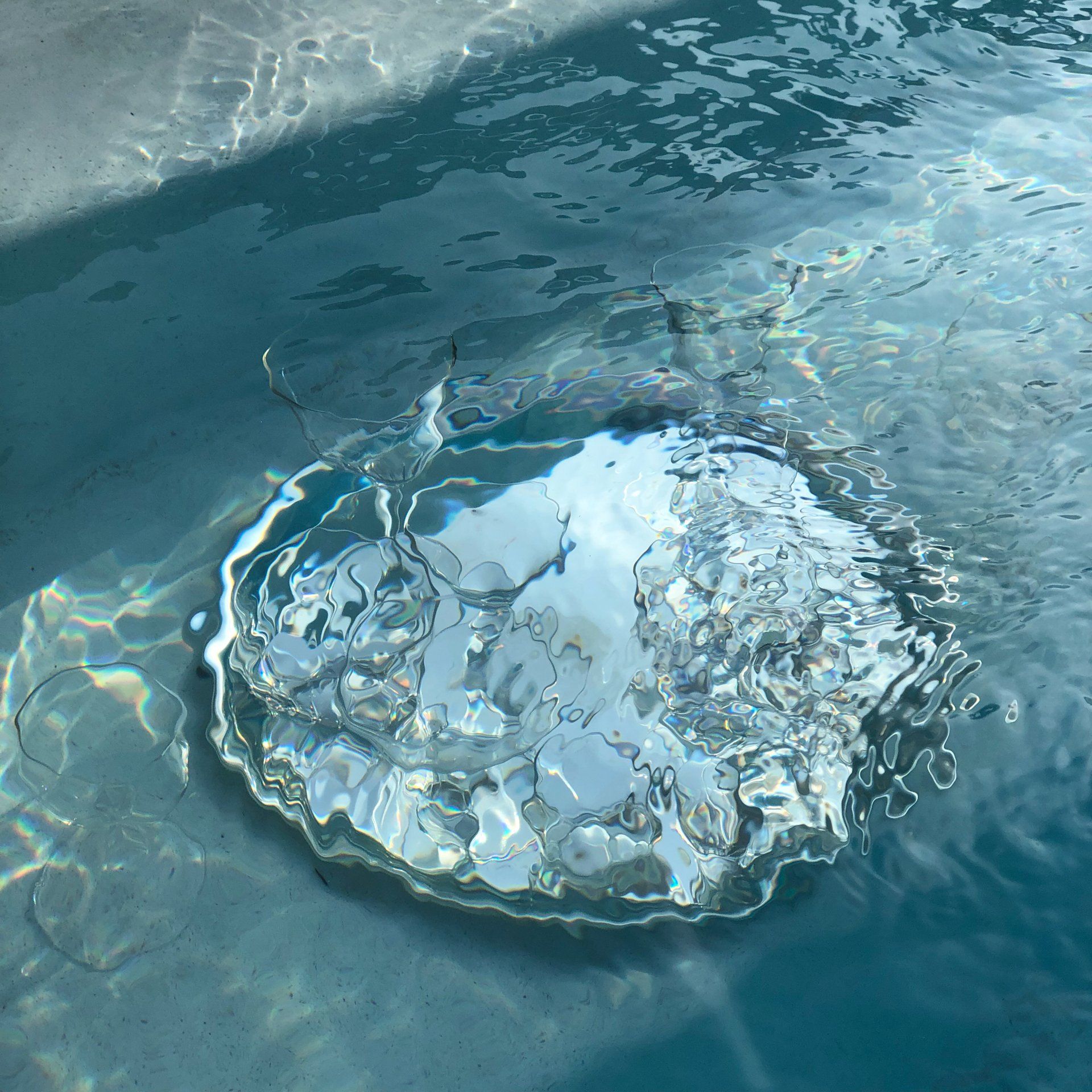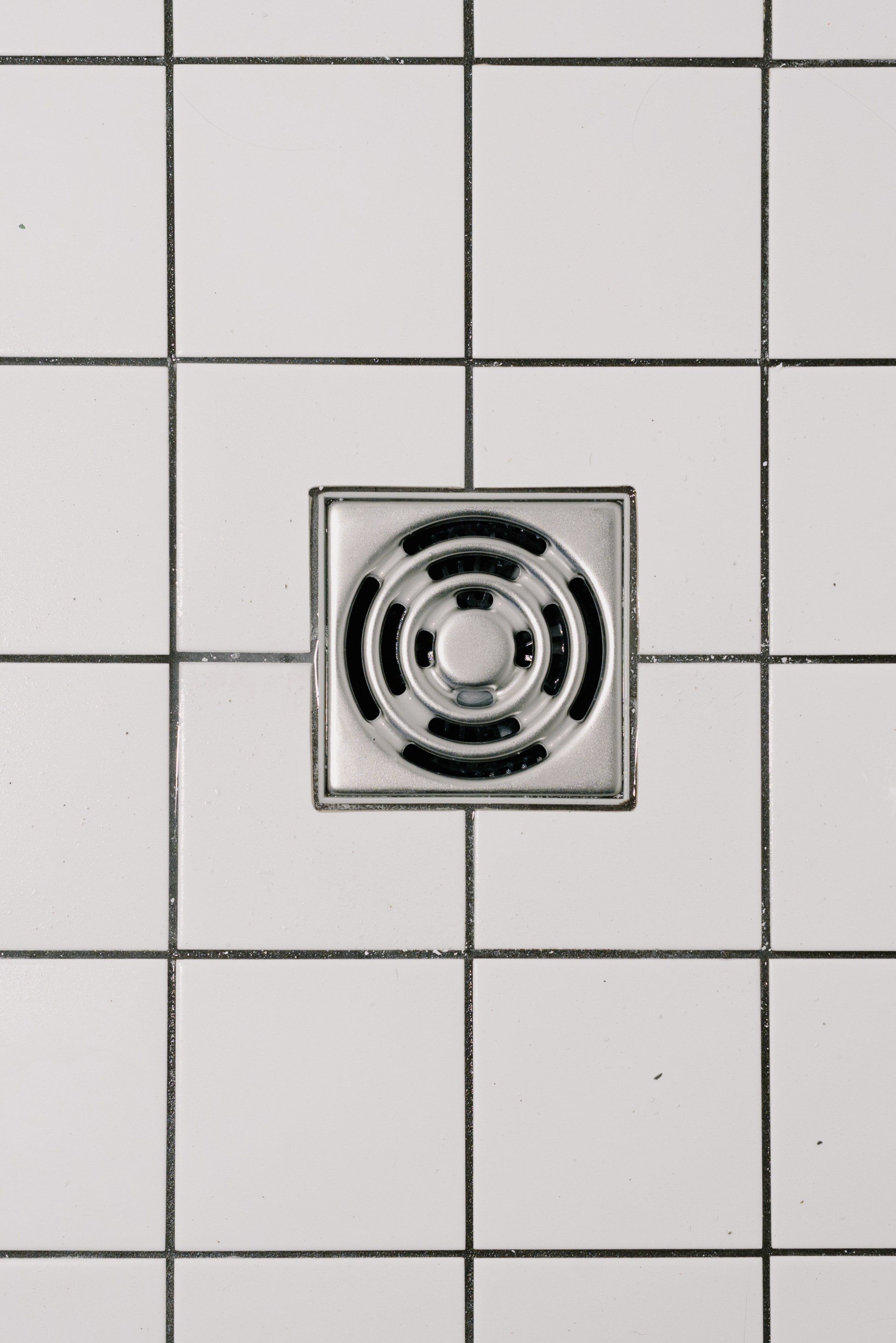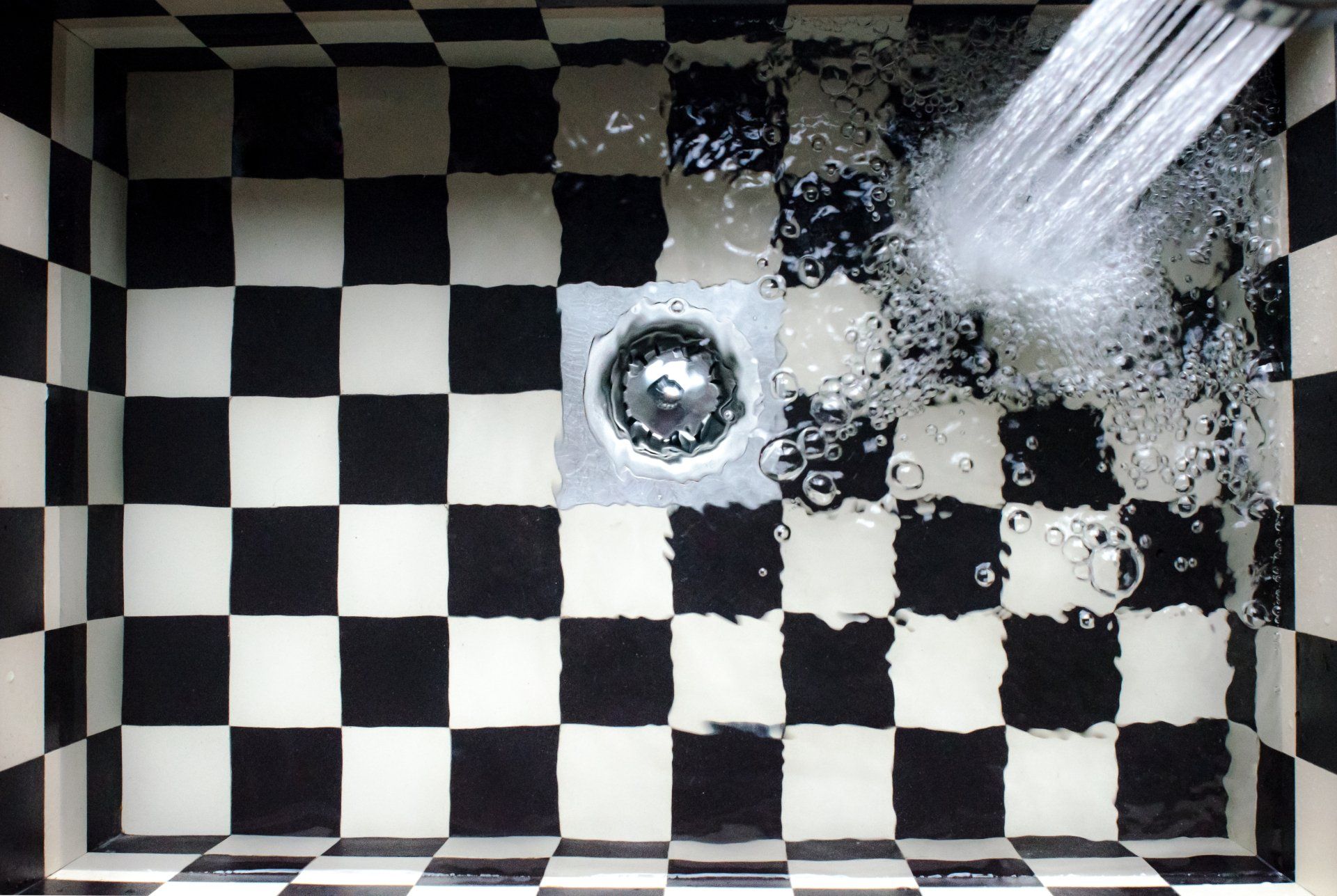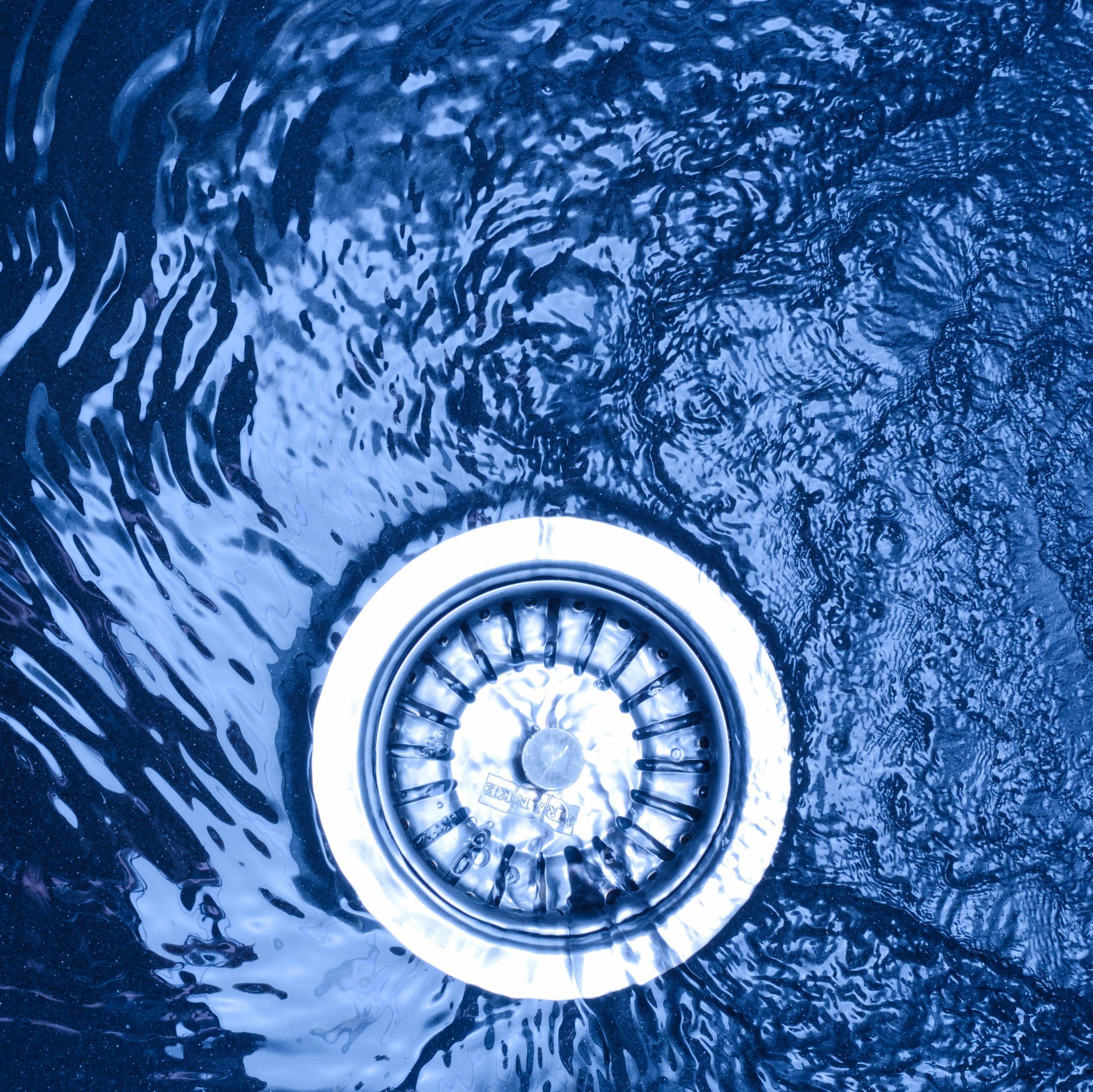The Culprits Behind Clogged Drains: Top 5 Reasons You Should Know

The Culprits Behind Clogged Drains: Top 5 Reasons You Should Know
Clogged drains are a common household woe, causing inconvenience and potential damage to your plumbing system. Understanding the reasons behind drain blockages is essential for preventing these issues and maintaining a smoothly flowing plumbing system. In this blog post, we'll explore the top five reasons drains clog and how you can take proactive steps to keep your drains clear.
Accumulation of Hair and Soap Scum:
One of the primary culprits behind clogged drains is the accumulation of hair and soap scum. As you shower or wash your hands, hair and soap residues combine over time, forming stubborn clogs. Installing mesh screens over your drains can help trap hair and prevent it from going down the drain, reducing the likelihood of blockages.
Grease and Cooking Oils:
Pouring grease and cooking oils down the drain may seem convenient, but it's a major contributor to clogs. Over time, these substances solidify and adhere to the inside of pipes, creating a sticky buildup that traps other debris. To avoid this issue, collect grease in a container and dispose of it in the trash instead of pouring it down the sink.
Foreign Objects and Debris:
Accidental or deliberate disposal of foreign objects down the drain can lead to serious clogs. Items like dental floss, cotton swabs, and hygiene products don't break down easily and can accumulate in your pipes. Dispose of these items in the trash to prevent blockages and potential damage to your plumbing system.
Mineral Buildup:
Hard water, which contains high levels of minerals like calcium and magnesium, can lead to mineral buildup in pipes. Over time, this buildup can restrict water flow and contribute to clogs. Installing a water softener can help reduce mineral content, preventing the formation of stubborn deposits in your pipes.
Flushing Inappropriate Items:
Flushing inappropriate items down the toilet is a common cause of clogged drains. Items like baby wipes, paper towels, and feminine hygiene products are not designed to break down easily in water. They can accumulate in the pipes, leading to blockages and potential sewer backups. Stick to flushing only toilet paper and human waste to prevent these issues.
Final Thoughts:
Understanding the reasons behind drain clogs is the first step in preventing them. By being mindful of what goes down your drains and adopting preventive measures, you can keep your plumbing system running smoothly. Regular maintenance, such as using drain screens, proper disposal of waste, and addressing issues promptly, will contribute to a clog-free and efficiently functioning plumbing system in your home.




